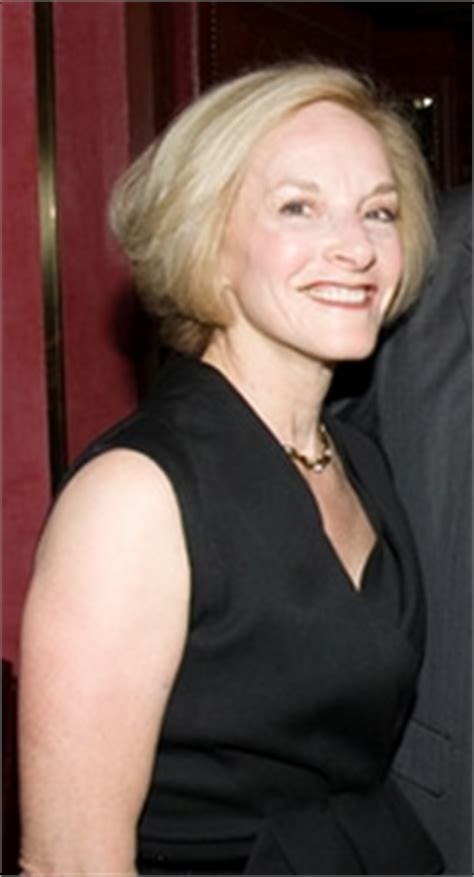A Quote by Judith Kelman
I suppose a child's first obligation is to become a stranger to his parents.
Related Quotes
Harry's status as orphan gives him a freedom other children can only dream about (guiltily, of course). No child wants to lose their parents, yet the idea of being removed from the expectations of parents is alluring. The orphan in literature is freed from the obligation to satisfy his/her parents, and from the inevitable realization that his/her parents are flawed human beings. There is something liberating, too, about being transported into the kind of surrogate family which boarding school represents, where the relationships are less intense and the boundaries perhaps more clearly defined.
For success in training children the first condition is to become as a child oneself, but this means no assumed childishness, no condescending baby-talk that the child immediately sees through and deeply abhors. What it does mean is to be as entirely and simply taken up with the child as the child himself is absorbed by his life.
A child is not a Christian child, not a Muslim child, but a child of Christian parents or a child of Muslim parents. This latter nomenclature, by the way, would be an excellent piece of consciousness-raising for the children themselves. A child who is told she is a 'child of Muslim parents' will immediately realize that religion is something for her to choose -or reject- when she becomes old enough to do so.
The parents, the society, the state, the church, the educational system, they all depend on lies. As the child is born they start trapping it into lies. And the child is helpless. He cannot escape his parents, he is utterly dependent. You can exploit his dependence...and it has been exploited down the ages.
There's a natural tendency for children to, in some sense, inherit the cultural values of their parents. I'm not against that, that's fine, that's wonderful. What I am against is labelling. Nobody ever labels a child a cricketer because his father is a cricketer, but they do label a child a Catholic because his parents are Catholic. I think it's more or less unique. Nobody ever labels a child a socialist or a conservative or a liberal because that's what their parents are.
We must remember when we speak of the "negativism" of the toddler that this is also the child who is intoxicated with the discoveries of the second year, a joyful child who is firmly bound to his parents and his new-found world through ties of love. The so-called negativism is one of the aspects of this development, but under ordinary circumstances it does not become anarchy. It's a kind of declaration of independence, but there is no intention to unseat the government.




































